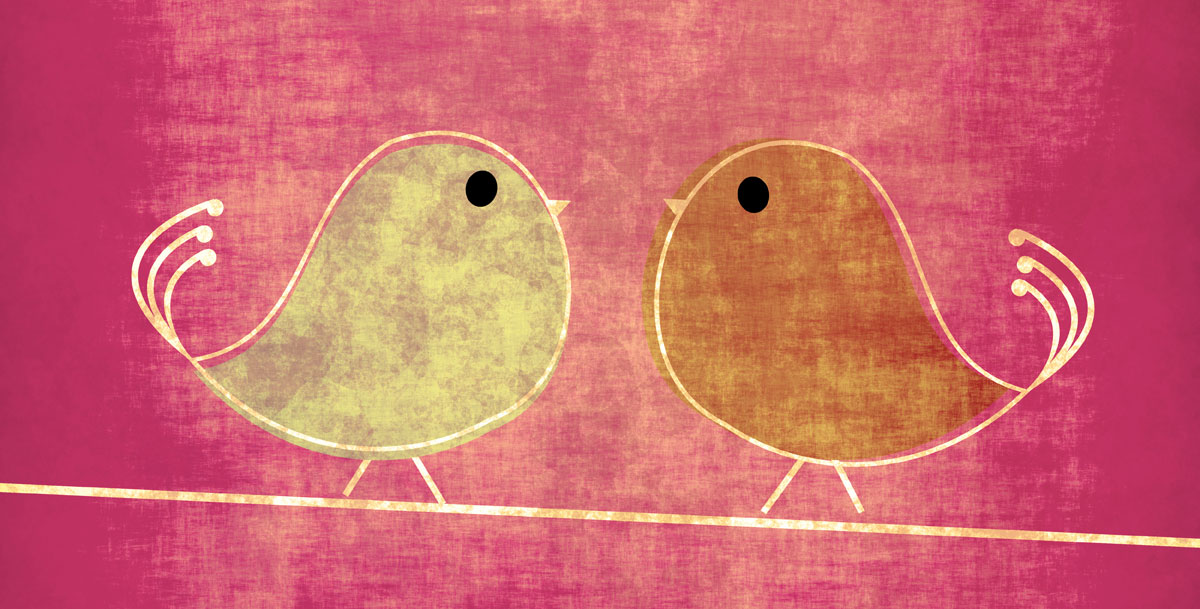TWITTER IMPROVED MY POETRY
![]()
An experiment of tweeting poetic verses helped Man Booker prize-winning author #BenOkri improve his craft but the Nigerian poet and novelist now eschews the social media site claiming it (#Twitter) fails to do justice to complex forms of literature, writes Nikhil Agarwal. (#People, #BenOkri, #Twitter, #Twitter, @Siliconeer, #Siliconeer)
“I think I am officially the first or one of the first persons to have started writing #poetry on #Twitter. It came naturally because both have a limited number of words and expressions but largest number of ideas. It was too tempting,” Okri told PTI during a visit to the city to attend the Apeejay Kolkata Literary Festival.
The 56-year-old said tweeting had a wonderful impact on his poetry as it compelled him to be distilled and create each line to render the maximum impact.
In 2009, the Nigeria-born and London-based poet-novelist had begun an experimenting by releasing one line a day of his poem on Twitter.
“I sing a new freedom” was his first poem followed by two others. In 2012, all three of them were published in a volume of poems called “Wild.”
“After this I said it was enough. It was just too limited because you can’t write complex forms. Twitter is about catching the moment and making sense on a particular day as to what’s happening around,” he said.
For example, the poet points out that the second line of a poem can make more sense when one reads line 15 of the same poem.
“Twitter doesn’t allow resonance. It’s just the limitation of the medium. But it is a wonderful medium for trying our poetry,” he said.
Okri had won the Booker in 1991 for his novel ‘The Famished Road’ which tells the story of a spirit-child.
The author and poet loves writing by hand on paper and recommends the young generation to skip the keyboard.
“The younger generation have to learn handwriting. The hand helps your mind to grasp very nuanced ideas. It goes back to artisans and sculptors. You don’t get something till you materialize it with your hand. The word grasp came from there,” he said.
To loose that skill of writing by hand is to loose a strand of the subtle part of the way the mind works, he added.
According to Okri, writing by hand also teaches you patience.
“When you write you write slower than the speed of thought. It teaches you to hold your ideas but if you type you run away with stupid ideas. In writing there is a gap between the stupid ideas and writing it down. It helps in self editing and shaping thoughts,” said Okri, whose last novel was titled “The Age of Magic.”
Born in 1959 in northern Nigeria, to an Igbo mother and Urhobo father, Okri has said his biggest literary influence has been his mother.
“It was the way she told those stories to me – the slant and the tone of it – is my biggest influence,” said the author who studied comparative literature at Essex University in England.


